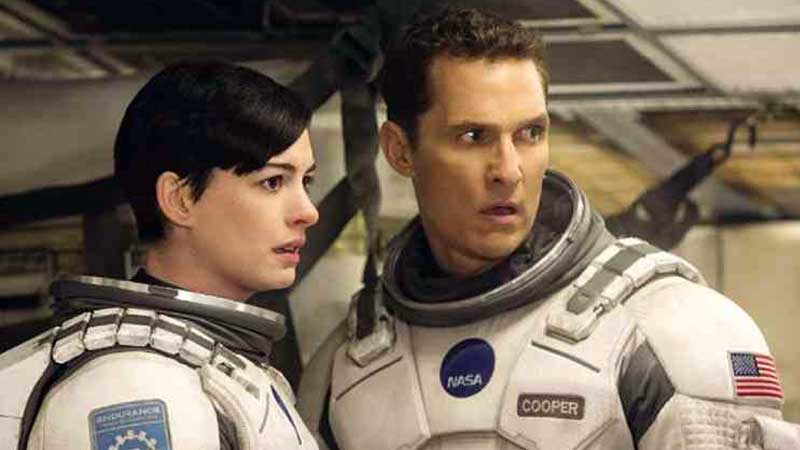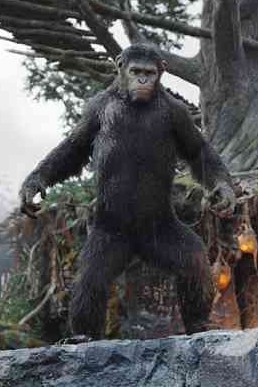Visionary flights of fact and fantasy
The critical success enjoyed by Christopher Nolan’s “Interstellar” has prompted film buffs, sci-fi aficionados in particular, to recall with fond nostalgia, other futuristic movies that presaged its visionary voyage to the stars—and beyond:
Looking way back, Georges Méliès is credited with having come up with the film world’s first sci-fi feature, “A Trip to the Moon.” The film was produced near the very dawn of cinema, and yet its maker was so creative that he came up with a delightful visualization that holds viewers’ droll and avid attention to this day!
For our part, “E.T., The Extraterrestrial” by Steven Spielberg was the first to make “sci-fi” believable and involving for us, due to its inspired use of a childlike alien who correspondingly found its most loyal defenders in human children.
Painting a far more expansive mural, Stanley Kubrick’s “2001: A Space Odyssey” is still, in our book, the most consciousness-expanding of all science fiction productions, because its visionary maker was brilliantly able to situate man’s historic interaction with aliens within the context of sequential encounters through the ages and eons.
Many sci-fi films depict aliens as pillagers and would-be despots, but the more enlightened and egalitarian Kubrick presents what we think is the more logical alternative view, that they are advanced not just technologically, but also ethically.
Similarly consciousness-expanding is Ridley Scott’s “Prometheus,” in which astronauts are amazed to discover the origins of humanity—in outer space!
“Apollo 13,” Ron Howard’s historical docudrama, made the US space program understandable and empathetic to lay viewers, especially with its use of “accessible” stars like Tom Hanks and Kevin Bacon.
For a quirky change of pace, the “Planet of the Apes” film series threw viewers for a loop with an inverse view of the reality they both knew and preferred, in which apes were the masters and humans groveled as their slaves!
We liked the series for challenging viewers’ egocentric view of themselves—but eventually felt that it overextended its storytelling and unduly belabored its central plot and thematic conceit.
On the other hand, James Cameron’s “Avatar” was more to our liking, because the alien species it featured was more gifted and empowered than just a bunch of Shakespeare-quoting gorillas.
Other noteworthy sci-fi titles: the “Alien” films (except for their “monstrous” view of the extraterrestrials), “Starship Troopers,” “Sunshine,” “Armageddon,” “The Hitchhiker’s Guide to the Galaxy,” “Forbidden Planet,” “Pandorum,” “Mission to Mars,” “Lost in Space,” “Elysium,” “Star Trek,” “Gravity”—and the droll, endearing and moving animated fantasy “WALL-E”!
RELATED STORIES
Christopher Nolan’s ‘Interstellar’ blasts past $400-M worldwide

